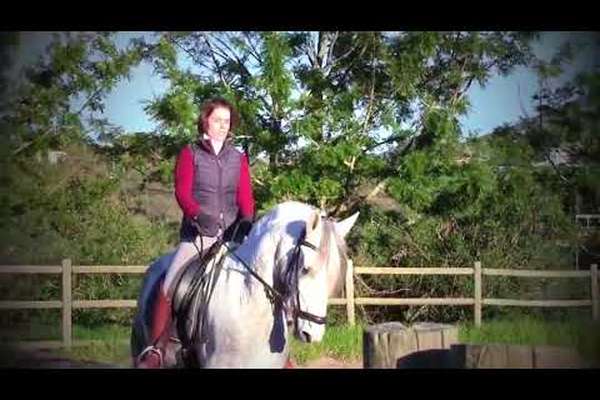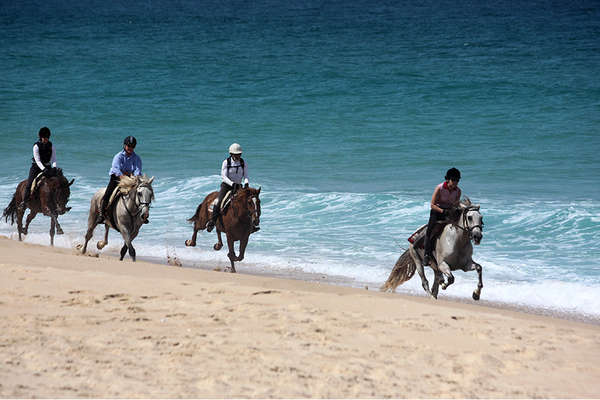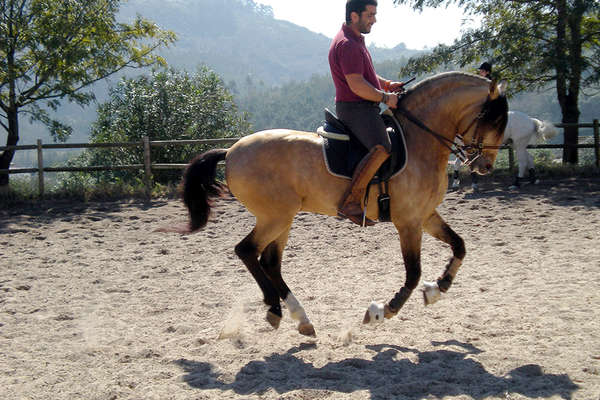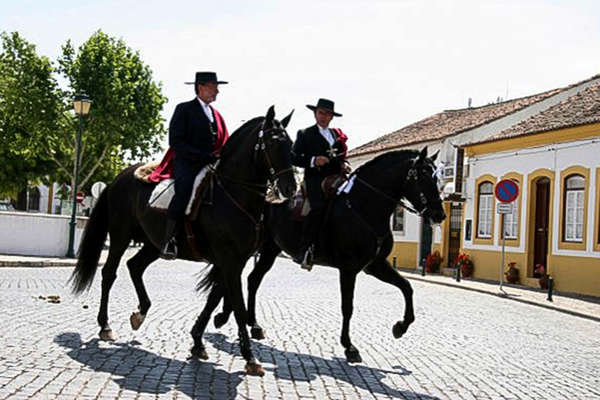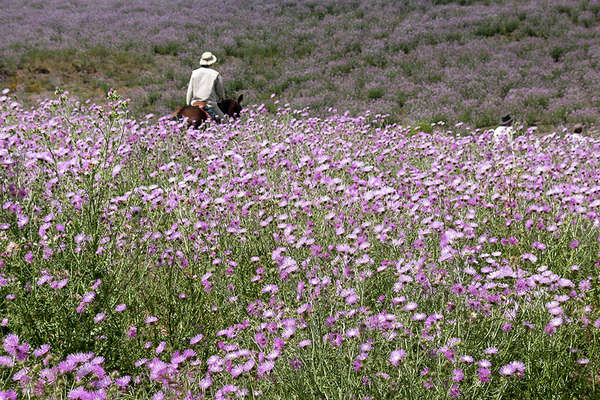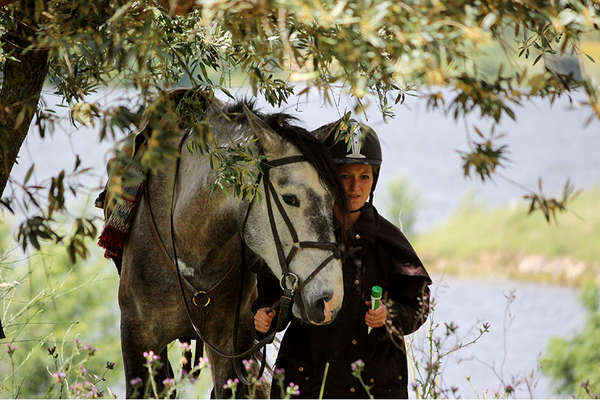
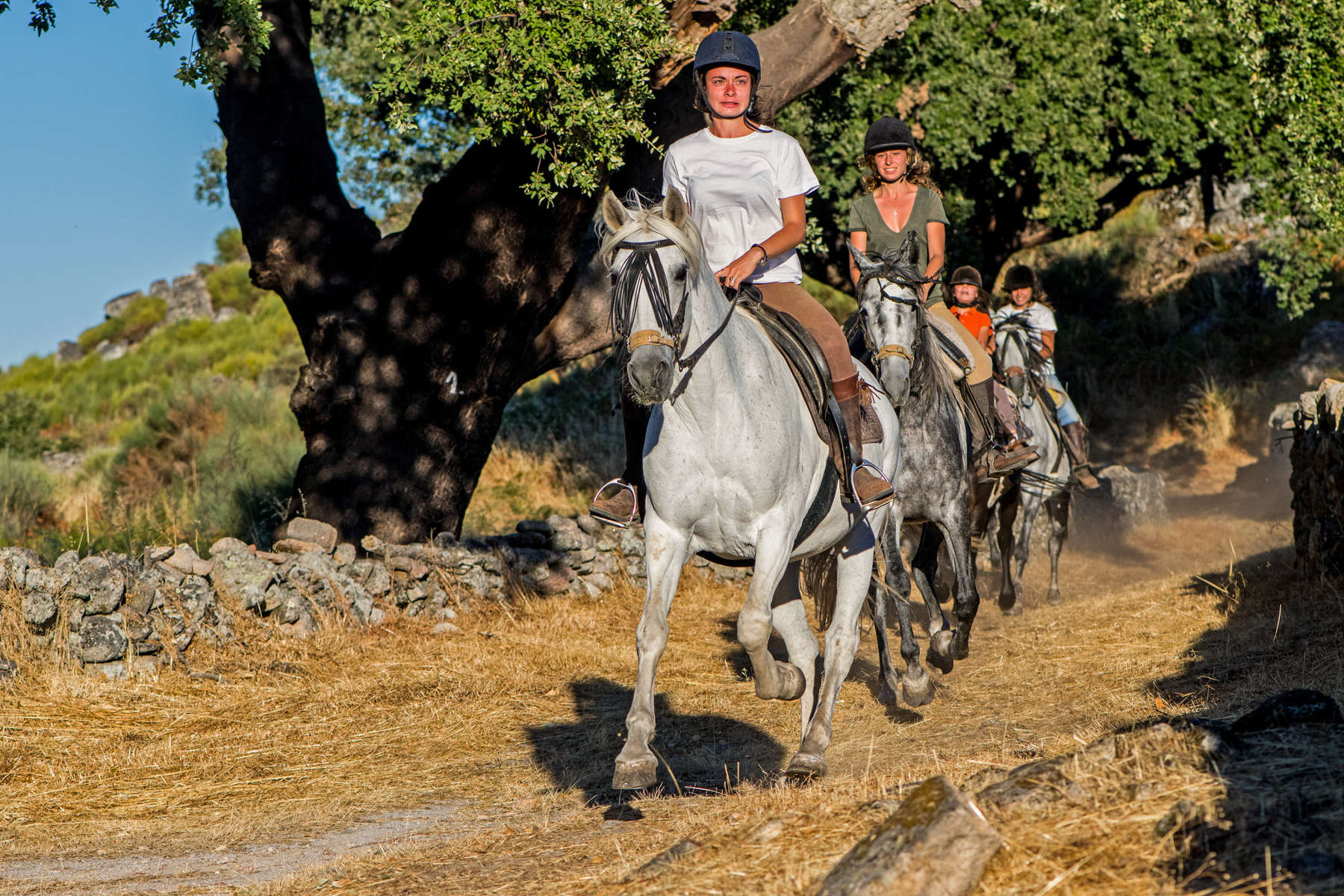
From the horse’s mouth
All trips

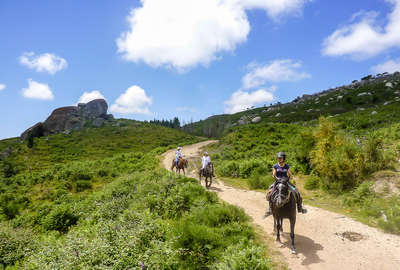
Wild North Portugal Trail
Guaranteed departures
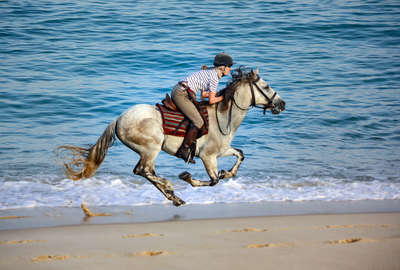
Dolphin Trail
Guaranteed departures
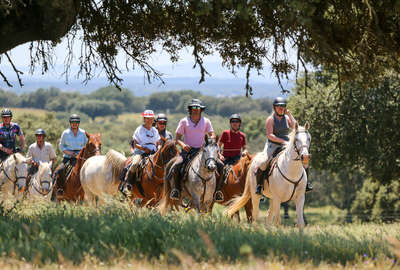
Kingdom of the Lusitano
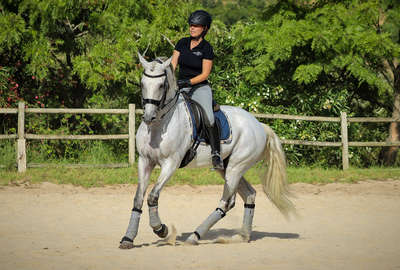
Classical Dressage in Portugal
Guaranteed departures
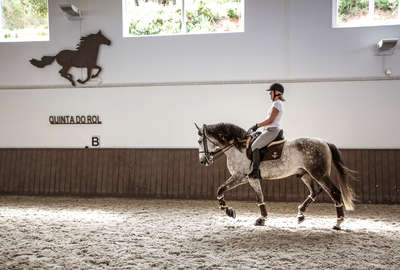
Dressage holiday at Quinta Do Rol
Guaranteed departures
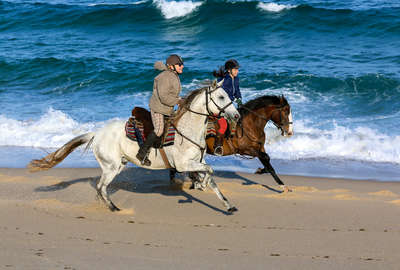
Alentejo Coastal Trail
Guaranteed departures
Visa & Health
Formalities
- Show a return or onward ticket
- Show you have enough money for your stay
- Have your passport stamped on entry/exit
Health
Insurance
Voltage
Budget and money
Telephone and jetlag
Country information
Country ID
Socio-economical data
History
Geography
People, culture and traditions
Choosing the right riding holiday
Choosing the right riding holiday
The Lusitano horse is synonomous with riding in Portugal and on many of our rides you will experience riding either pure-bred or part-bred Lusitano's.
For the dressage enthusiast there are classical dressage lessons at Alcainca where you can improve your skills under the expert guidance of their classically trained instructors. On pure-bred Lusitano schoolmasters you can have a go at piaffe, passage and spanish walk as well as work on your seat, position and general riding.
If you prefer trail riding then there is plenty on offer. Our Bottlenose and Dolphin Trails follow the exact same route on the same herd of horses and with the same guide - the only difference is the accommodation. On the Bottlenose trail you stay in simple, local hotels which are clean and comfortable whilst on the Dolphin trail you stay in converted farmhouses or more upmarket hotels. Both these trails are circular, starting and ending at the same place.
If you prefer a linear trail, where you start at one place and finish at another, then our Alentejo Coastal trail journeys along the coast, either starting with a beach ride and ending in the mountains, or vice versa.
Inland and with the same horses and guide as our coastal rides above, our fantastic Kingdom of the Lusitano trail ride visits famous Lusitano stud farms during the spring when the foals are born.
In the north of Portugal we have a rustic trail ride which heads high into the mountains bordering Spain. On this trail you don't ride Lusitano's, but local horses which are sure-footed and suited to the terrain. There is the chance to see herds of wild horses on this Wild North Portugal trail ride.

